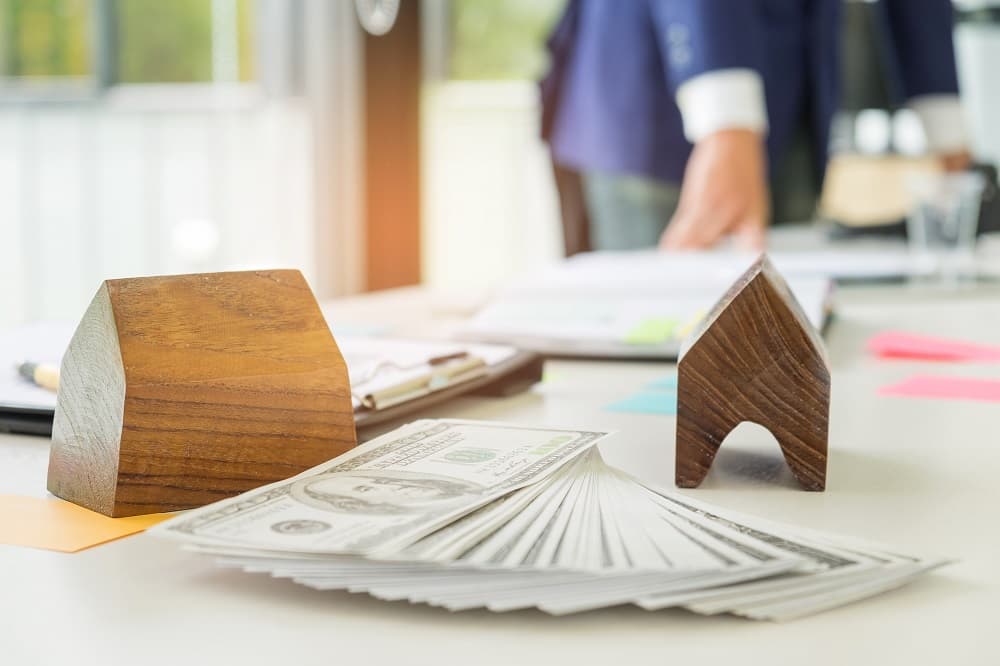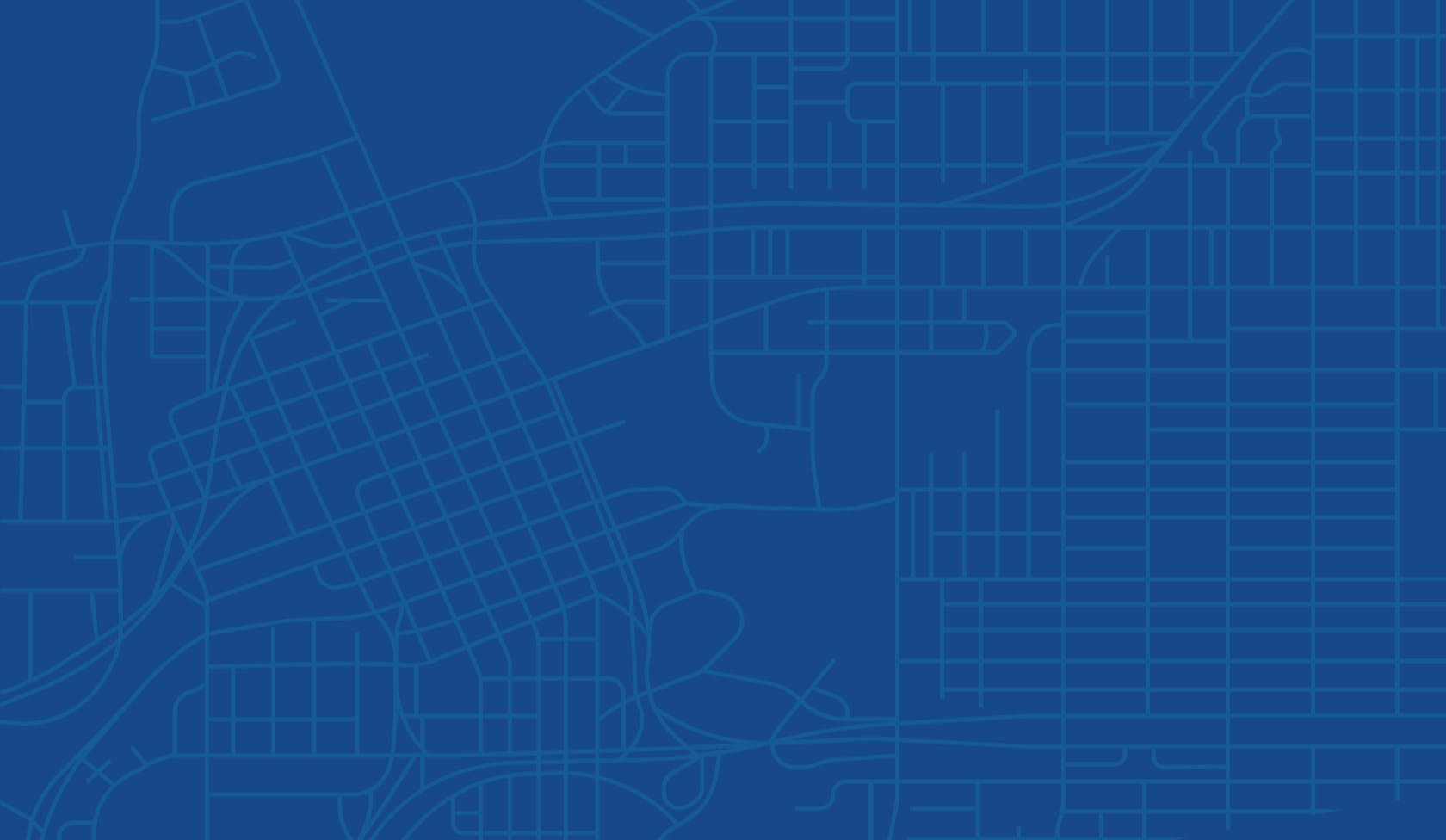What Are Closing Costs?
Closing costs are the fees and expenses you pay when finalizing a real estate transaction—separate from your down payment and the purchase price of the home. These costs cover everything from loan processing and title verification to property taxes and insurance premiums that must be paid before the property officially transfers to your name.
For most homebuyers, closing costs represent a significant financial commitment that can catch first-time buyers off guard. According to a 2025 report from Lodestar, a closing cost data provider, the average closing costs for a single-family home purchase in the United States is $4,661—not including real estate agent commissions. When you factor in all fees and prepaid expenses, that number can climb considerably higher depending on your location and loan type.
Understanding these costs before you begin house hunting helps you budget accurately and avoid surprises at the closing table. The Consumer Financial Protection Bureau (CFPB) has noted that median total loan costs for home purchases increased by more than 36% from 2021 to 2023, making it more important than ever to understand and plan for these expenses.
Don't Navigate Closing Costs Alone
A top-performing agent can help you understand local closing cost expectations and negotiate seller concessions. EffectiveAgents matches you with agents based on actual performance data.
Get Matched With a Top AgentClosing Cost Calculator
Use this calculator to estimate your closing costs based on your home purchase price and location. While actual costs vary based on your specific lender, loan type, and local requirements, this tool provides a reliable starting point for your budget planning.
Closing Cost Estimator
Get a personalized estimate of your expected closing costs
Your Estimated Closing Costs
*Estimates are for informational purposes only. Actual closing costs may vary based on your specific lender, location, and transaction details. Consult with your lender and real estate professional for accurate figures.
Breakdown of Typical Closing Costs
Closing costs encompass a wide range of fees, some fixed and some variable. Understanding each component helps you identify areas where you might negotiate or shop around for better rates. Here's what you can expect to pay:
Lender Fees
Lender fees represent the costs associated with processing, underwriting, and funding your mortgage. These fees can vary significantly between lenders, making it worthwhile to compare loan estimates from multiple sources.
Loan Origination Fee
Covers the cost of processing your mortgage application and creating your loan.
Underwriting Fee
Pays for reviewing and approving your mortgage application and financial documents.
Credit Report Fee
Covers pulling your credit history from the three major credit bureaus.
Application Fee
Some lenders charge this upfront fee for processing your loan request.
Title and Settlement Fees
Title fees ensure the property has a clear ownership history and protect both you and your lender from future claims against the property.
Title Search & Report
Examination of public records to verify ownership history and identify any liens.
Lender's Title Insurance
Protects the lender if a title dispute arises. Required for most mortgages.
Owner's Title Insurance
Optional but recommended policy that protects you from future title claims.
Escrow Fee
Paid to the title company or escrow agent for handling funds and documents.
Property-Related Fees
These fees help verify the property's value, condition, and any potential issues before you finalize the purchase.
Home Appraisal
Professional assessment of the home's fair market value required by lenders.
Home Inspection
Thorough examination of the property's condition including structure and systems.
Survey Fee
Verifies property boundaries. Required in some states and for certain loan types.
Pest Inspection
Checks for termites and other wood-destroying organisms. Required in some areas.
Prepaid Costs and Escrow
Prepaid costs represent expenses you pay upfront to cover insurance and taxes for the first months of homeownership. These aren't technically "fees" but rather advance payments that go into your escrow account.
Prepaid Interest: Covers interest from closing to your first mortgage payment. The amount depends on when you close during the month—closing at the end of the month minimizes this cost.
Property Taxes: Typically 2-6 months of property taxes paid upfront and deposited into escrow.
Homeowners Insurance: Usually one full year's premium paid at closing, plus 2-3 months for escrow reserves.
Navigate Closing Costs with Expert Guidance
A top-performing real estate agent can help you understand, negotiate, and potentially reduce your closing costs. Get matched with a vetted agent who knows your local market.
Find Your Agent TodayClosing Costs by State
Closing costs vary dramatically depending on where you're buying. State and local taxes, attorney requirements, and regional market practices all influence what you'll pay. According to 2025 data from Lodestar Software Solutions, here's how closing costs compare across the country:
Highest Closing Cost States
| Location | Average Closing Costs | Primary Factors |
|---|---|---|
| Washington, D.C. | $17,545 | High property values, transfer taxes |
| New York | $13,000+ | Mortgage recording tax, attorney fees |
| Delaware | $12,000+ | Transfer taxes, title insurance rates |
| Maryland | $10,500+ | Transfer and recordation taxes |
Lowest Closing Cost States
| Location | Average Closing Costs | Primary Factors |
|---|---|---|
| South Dakota | $1,551 | Low property values, minimal fees |
| Iowa | $1,640 | Low taxes, competitive market |
| Missouri | $1,740 | No mortgage taxes, lower fees |
| Indiana | $1,909 | Affordable property values |
Who Pays Closing Costs: Buyer vs. Seller
Both buyers and sellers have closing cost responsibilities, though buyers typically pay the larger share. Understanding the division helps you budget appropriately and identify potential negotiation points.
Typical Buyer Responsibilities
Buyers generally pay 2% to 5% of the purchase price in closing costs. Your costs focus on loan-related fees, insurance premiums, and prepaid expenses including:
- Loan origination, underwriting, and processing fees
- Appraisal and credit report fees
- Title search and lender's title insurance
- Home inspection and any specialty inspections
- Prepaid property taxes, interest, and insurance
- Escrow deposits and recording fees
Typical Seller Responsibilities
Sellers typically pay 8% to 10% of the sale price, with real estate commissions representing the largest portion. Seller costs typically include:
- Real estate agent commissions (typically 5-6% total)
- Owner's title insurance policy for the buyer
- Transfer taxes (in applicable states)
- Prorated property taxes through closing date
- Any agreed-upon repair credits
- HOA transfer fees where applicable
Negotiating Seller Concessions
In many transactions, buyers can negotiate for the seller to cover some closing costs—known as seller concessions. This can be especially helpful if you're cash-strapped after your down payment. However, there are limits based on your loan type:
Conventional Loans: Sellers can contribute up to 3% for down payments under 10%, up to 6% for down payments of 10-25%, and up to 9% for down payments over 25%.
FHA Loans: Maximum seller contribution of 6% of the sales price.
VA Loans: Sellers can pay up to 4% of the loan amount plus reasonable closing costs.
Strategies to Reduce Your Closing Costs
While some closing costs are fixed, others are negotiable or can be minimized with the right approach. Here are proven strategies to keep more money in your pocket:
Shop Around for Services
You have the right to choose your own providers for many closing services. Your Loan Estimate will specify which services you can shop for—take advantage of this opportunity.
- Title insurance: Rates can vary by hundreds of dollars between providers. Get quotes from at least three companies.
- Home inspection: Compare inspector credentials and pricing, but don't sacrifice quality for cost.
- Homeowners insurance: Shopping multiple insurers can save you hundreds annually.
Compare Lender Fees
Lender fees can vary significantly. When comparing loan estimates, pay attention to the origination charges section. Some lenders offer lower interest rates but higher fees, while others take the opposite approach.
Time Your Closing Strategically
Closing at the end of the month reduces prepaid interest charges. For example, closing on the 28th means you only prepay 2-3 days of interest, while closing on the 5th means prepaying 25-26 days. On a $400,000 loan at 7%, that's the difference between roughly $150 and $1,900.
Negotiate with the Seller
In a buyer's market or when sellers are motivated, asking for closing cost assistance is common. Work with your real estate agent to determine what's reasonable in your market.
Ask About First-Time Buyer Programs
Many state and local programs offer closing cost assistance for first-time homebuyers or buyers in certain income brackets. Your lender or real estate agent can help you identify programs you might qualify for.
Find an Agent Who Knows the Negotiating Game
Top-performing agents negotiate thousands of transactions and know how to structure deals that save you money. Let us match you with a proven performer in your area.
Get Matched NowUnderstanding Your Loan Estimate and Closing Disclosure
Federal law requires lenders to provide two key documents that detail your closing costs. Understanding these documents helps you verify charges and catch errors before closing.
The Loan Estimate
Within three business days of applying for a mortgage, your lender must provide a Loan Estimate. This standardized form shows your estimated interest rate, monthly payment, and total closing costs. Key sections to review include:
- Loan Terms: Your loan amount, interest rate, and monthly principal and interest payment
- Projected Payments: Estimated total monthly payment including taxes and insurance
- Closing Cost Details: Itemized list of all fees, divided into categories
- Services You Can Shop For: Identifies fees where you can choose your own provider
The Closing Disclosure
At least three business days before closing, you'll receive a Closing Disclosure with final costs. Compare this carefully to your Loan Estimate—certain fees can only change by limited amounts, and some cannot change at all.
Fees That Cannot Increase: Lender charges for origination, discount points, and transfer taxes (if the lender selected the provider).
Fees That Can Increase by 10%: Third-party services where the lender selected the provider, recording fees, and services you shopped for but selected a provider from the lender's list.
Fees That Can Change Without Limit: Prepaid interest, property insurance, escrow amounts, and services where you chose your own provider.
Recent Regulatory Focus on Closing Costs
The Consumer Financial Protection Bureau has launched a public inquiry into closing costs, particularly focusing on fees that have risen sharply in recent years. According to CFPB analysis, median total loan costs increased more than 36% from 2021 to 2023.
The CFPB's inquiry focuses on several key areas:
- Credit reporting fees: Some lenders have reported fee increases of 25% to 400% in recent years
- Title insurance: Rates in this industry have faced scrutiny for potential lack of competition
- Third-party service costs: Examining whether borrowers have meaningful ability to shop for services
While regulatory changes may eventually affect closing costs, current homebuyers should focus on what they can control: shopping around, comparing lenders, and working with knowledgeable professionals who can help them navigate the process efficiently.
Preparing for Your Closing Day
As of October 2025, the average time to close a conventional purchase mortgage was 41 days, according to ICE Mortgage Technology. Here's how to prepare for a smooth closing experience:
Before Closing Day
- Review your Closing Disclosure carefully and compare it to your Loan Estimate
- Confirm the exact amount needed for closing—this will be a certified check or wire transfer
- Schedule a final walk-through of the property within 24 hours of closing
- Confirm time, location, and what documents to bring (typically government-issued ID)
- Contact your insurance company to confirm coverage starts on closing day
What to Bring
- Government-issued photo ID (driver's license or passport)
- Certified or cashier's check for closing costs (exact amount from your Closing Disclosure)
- Proof of homeowners insurance
- Any additional documentation your lender has requested
Understanding how to buy a house includes knowing what to expect at closing. The process typically takes one to two hours, during which you'll sign numerous documents including the mortgage note, deed of trust, and closing disclosure acknowledgment.
Ready to Start Your Home Buying Journey?
From understanding how much house you can afford to navigating closing day, a top-performing agent makes all the difference. EffectiveAgents connects you with agents based on their actual performance—not advertising spend.
Find Your Perfect AgentThe Bottom Line on Closing Costs
Closing costs represent a significant expense that every homebuyer must plan for—typically 2% to 5% of your purchase price on top of your down payment. While these costs can feel overwhelming, understanding what you're paying for empowers you to make informed decisions, shop strategically, and potentially negotiate savings.
Key takeaways to remember:
- Budget for closing costs early in your home search—they're separate from your down payment
- Closing costs vary significantly by state, lender, and loan type
- Many fees are negotiable or offer opportunities to shop around
- Review your Loan Estimate and Closing Disclosure carefully for accuracy
- Seller concessions can help offset buyer closing costs in many situations
Working with an experienced real estate agent who understands local customs and closing cost expectations can help you navigate the process confidently. The right agent will advocate for your interests, identify potential savings, and ensure you're prepared for every expense before you reach the closing table.
Disclaimer: This article provides general information about closing costs and is not intended as financial or legal advice. Closing costs vary by location, lender, and individual circumstances. Consult with a licensed mortgage professional and real estate attorney for guidance specific to your situation. Data and statistics are current as of the publication date but may change.








